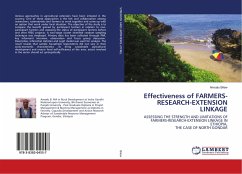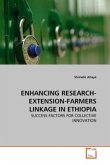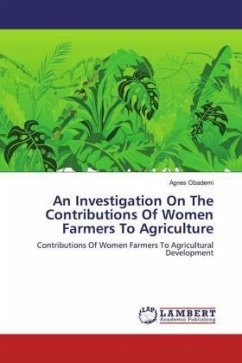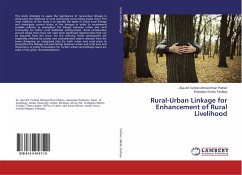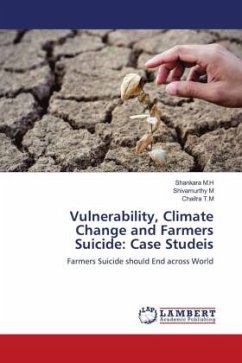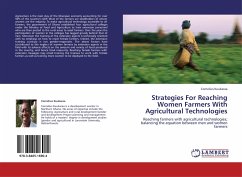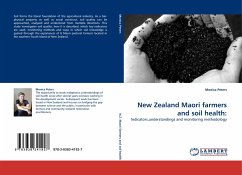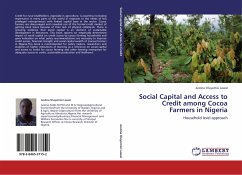Various approaches in agricultural extension have been initiated in the country. One of these approaches is the link and collaboration among researchers, extensionists and farmers to work together and come up with an option that work under local situation. The objective of the study is to compare the benefit gained by participant farmers in relation to non-participant farmers and assessing the status of participant farmers before and after FREG projects. A two-stage cluster stratified random sampling technique was employed. Primary data has been collected through PRA, key informant interview, observation and focus group discussion. Descriptive, inferential statistics and Logit model was used for analysis. The result reveals that sample household respondents did not vary in their socio-economic characteristics .To bring sustainable agricultural development and ensure food self-sufficiency of the area, actors involved in the sector should act synergistically.
Bitte wählen Sie Ihr Anliegen aus.
Rechnungen
Retourenschein anfordern
Bestellstatus
Storno

